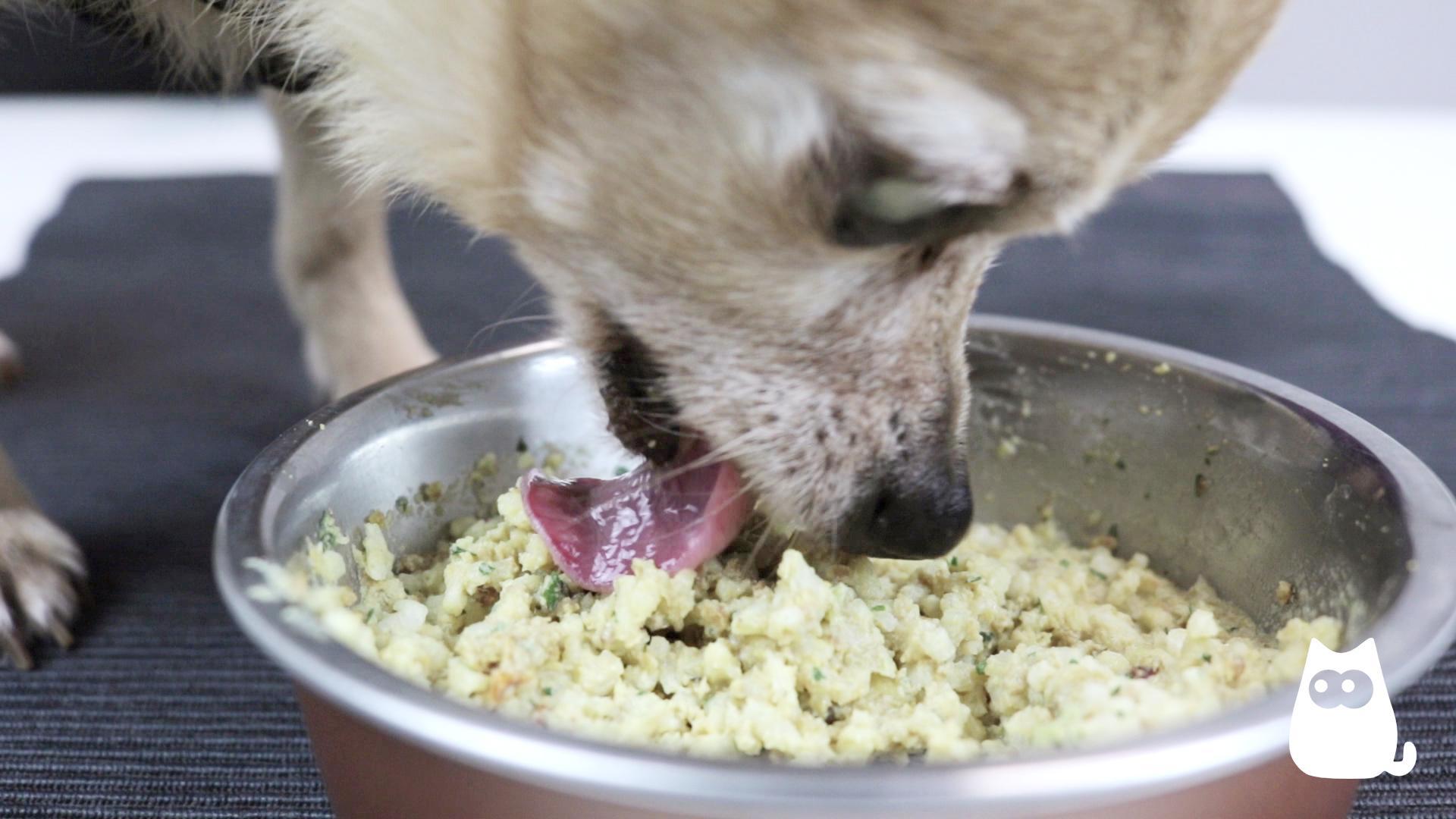Tracheitis in Dogs - Symptoms, Causes and Treatment



See files for Dogs
Tracheitis in dogs is a disease of the upper respiratory tract that causes inflammation of the trachea. The trachea is the tube that connects the pharynx to the lungs and that consists of small rings of cartilage. The causes are many and in most cases the symptoms resolve on their own, or your pet may need simple treatment from the veterinarian. If your dog makes strange sounds that never seem to subside, such as a deep cough or retching, it could be a sign of this condition.
In the following AnimalWised article, we explain what tracheitis in dogs is, its symptoms, what the most common causes are, and how to treat it.
Causes of tracheitis in dogs
As mentioned earlier, tracheitis is a condition that involves the trachea. When the trachea is irritated or inflamed in any way, it can lead to health problems such as persistent cough and inflammation. The trachea can become inflamed and damaged for several reasons, mainly being:
- Infectious causes: some bacterial infections can lead to tracheitis. The most common is Bordatella bronchisepitca, also called kennel cough, an infection that can be transmitted from dog to dog. Other common viral infections include mycoplasma and herpes viruses.
- Non-infectious causes: they correspond to irritations caused by inhalation of gasses or vapors, allergies, constant coughing, pulling on the line, colds, or even the tube passed through the trachea during surgery.
Some dogs seem to be more prone to developing tracheitis, which may be due to their environment or personality. Dogs that bark a lot are more likely to develop tracheitis or tracheal irritation. Constant barking puts stress on the throat and therefore the trachea.
In other cases, dogs can also get tracheitis if they have small injuries in the trachea from something they ate, such as a bone.
In older dogs, an incessant cough caused by a heart condition can also be the cause of tracheitis. In addition, the cartilage rings of the trachea can weaken with age and are more susceptible to developing tracheitis.
Tracheal collapse
Tracheal collapse is a condition of the trachea that often occurs in small breeds of dogs and causes frequent honking and choking symptoms. This condition is caused when the cartilage rings in the trachea lose strength and stiffness, or the membrane becomes slack and sags. Tracheal collapse makes it difficult for air to enter the lungs because the tracheal rings flatten when air is drawn into the airways during inhalation.
Yorkshires and chihuahuas are specially prone to developing this condition.
Symptoms of tracheitis in dogs
Canine tracheitis is characterized by an unproductive, sudden, dry cough. Any friction on the trachea, e.g. by the leash during a walk, can trigger it.
Other common clinical signs that may accompany the cough are:
- Watery eyes and nose
- Swollen tonsils
- Wheezing
- Loss of appetite
- Depressed behavior
- Nausea and vomiting
This cough may be triggered at certain times when the dog becomes nervous or exerts itself physically.
Because the cough is similar to the cough associated with heart disease, the veterinarian should perform a careful auscultation to assess heart function. Infectious tracheobronchitis may cause purulent nasal discharge in puppies in addition to the cough.
You may also be interested in this article, where we explain what to do if your dog gets something stuck in its throat.

Treatment for tracheitis in dogs
Tracheitis in dogs is curable and, in fact, in most cases, your dog’s symptoms will subside on their own. Cough suppressants and anti-inflammatory medications may provide relief in some cases. Your veterinarian will help you determine what methods of treatment are best for your dog.
For dogs that appear to have a persistent infection and show no signs of improvement, treatment options are available, usually involving antibiotics and anti-inflammatories.
In chronic cough in dogs, it is recommended to perform chest radiographs and intratracheal lavages to obtain cells from the trachea that can be used for cytology and culture. The lavages should be performed under sedation of the dog with a catheter or by taking a sample directly from the trachea with a needle and syringe.
Medications to help breathing and reduce anxiety are successful in cases where the tracheitis is caused by excessive barking.
Home remedies for the treatment of tracheitis in dogs
In this section, we present some home remedies that you can use to treat tracheitis in dogs. However, remember that if you notice that your dog is coughing consistently, you should always consult your veterinarian so that he or she can rule out the possibility of infection. If a bacterium is the cause of the coughing, that would require special treatment with antibiotics.
In case there is no infection, here are some home remedies you can use to speed up your dog's recovery:
- Offer soft or mashed food for a few days.
- Do not offer bones or hard food that may further injure the trachea.
- Use a harness instead of a collar to avoid friction in the area.
- Keep the dog at a warm room temperature. Avoid cold as much as possible as it dries out the mucous membranes and consequently causes coughing.
- Humidifying the air is ideal. Humidifiers help to moisten your dog's lungs, throat and nasal passages.
- Avoid possible environmental irritants such as tobacco smoke, aerosols, perfume or dust.
You may also be interested in this other article, where we explain all the possible reasons for your dog's dry cough and retching.

This article is purely informative. AnimalWised does not have the authority to prescribe any veterinary treatment or create a diagnosis. We invite you to take your pet to the veterinarian if they are suffering from any condition or pain.
If you want to read similar articles to Tracheitis in Dogs - Symptoms, Causes and Treatment, we recommend you visit our Breathing diseases category.







